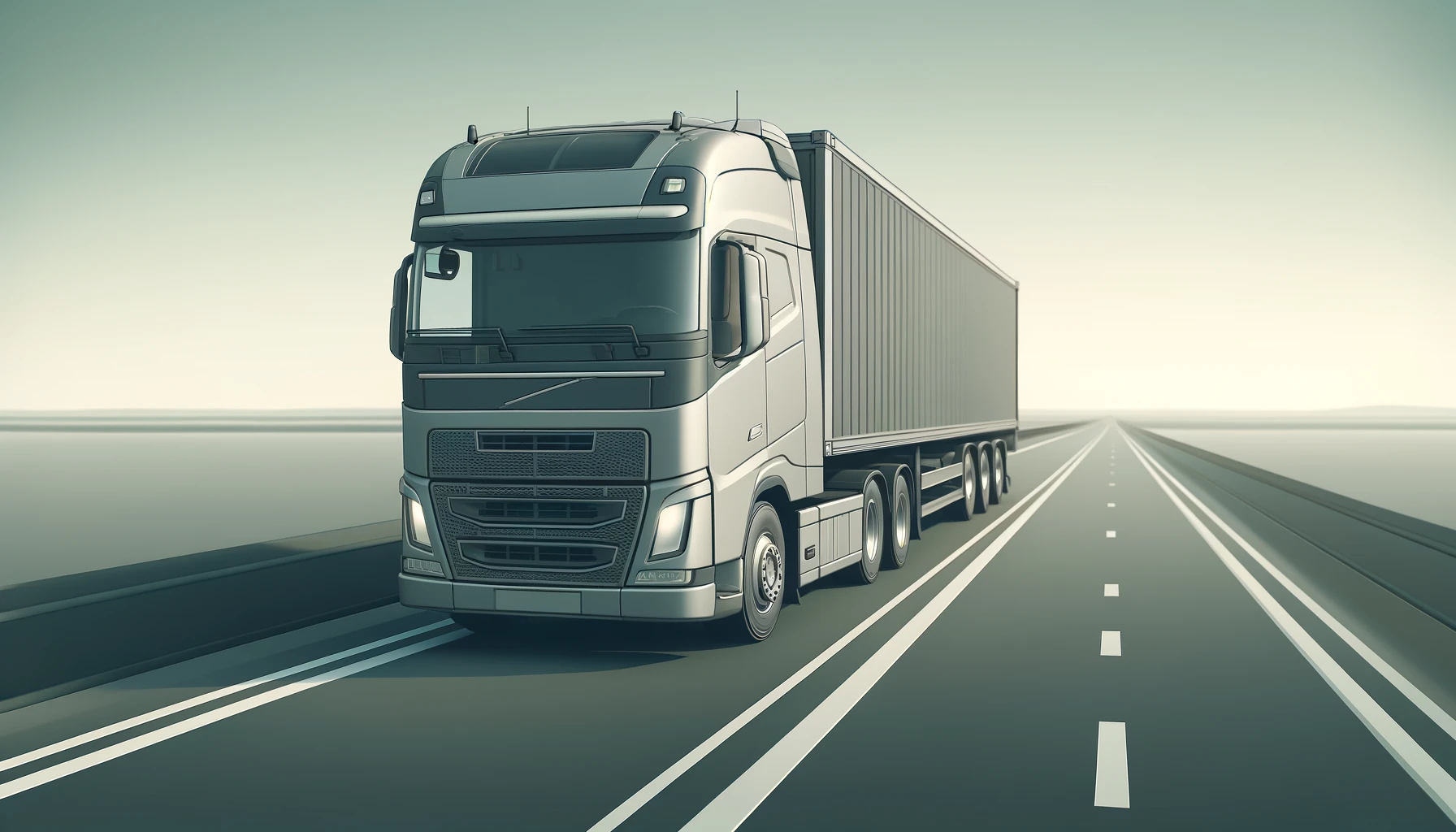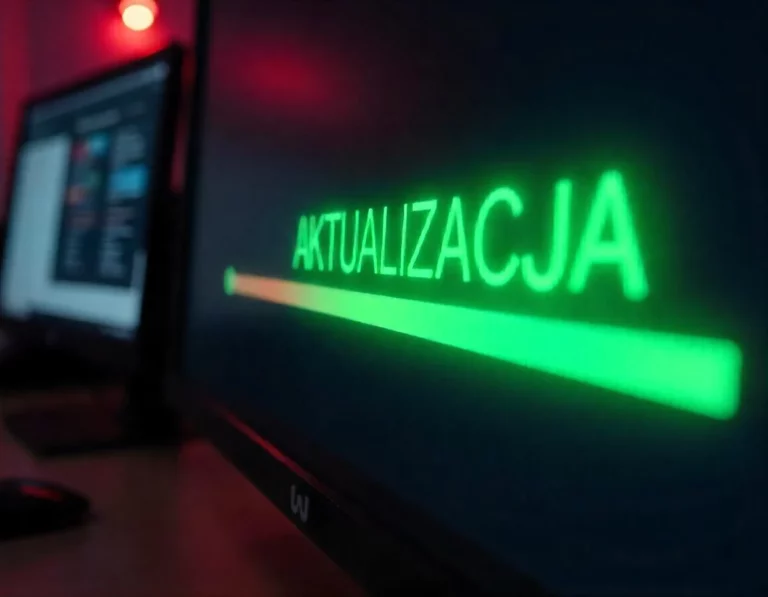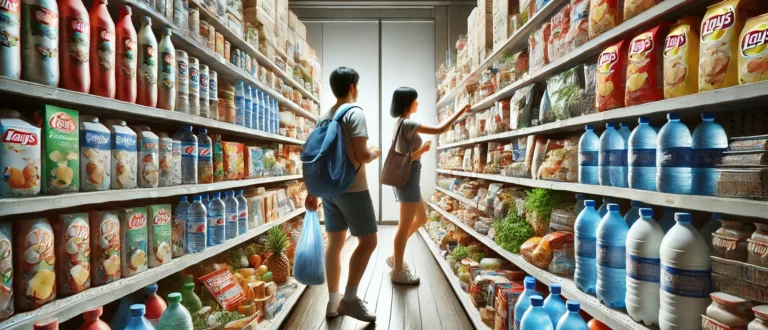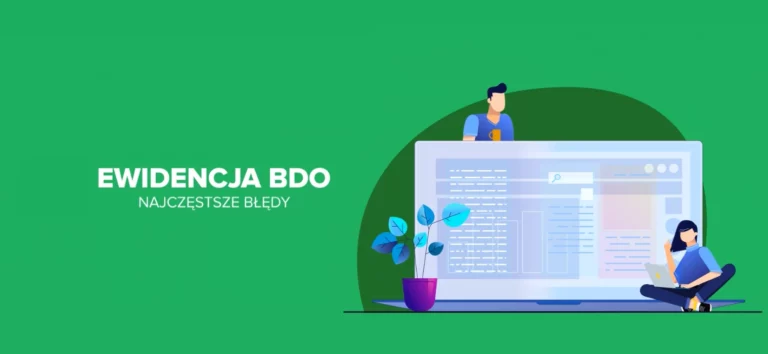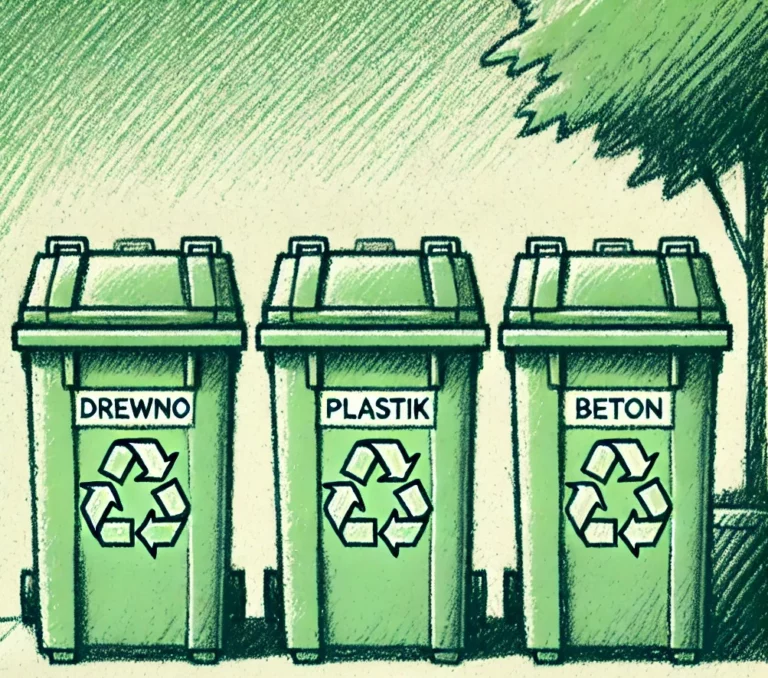A-schild alone is not enough. What else can be done to take waste to Germany?
Want to carry out a waste shipment to Germany, but don't know how to go about it? Read our article and find out what to do and what to pay attention to so that you don't expose yourself to unpleasantness.
Contact for a waste transport permit in Germany:
e.nadolna@ekologistyka24.pl , +48 881 045 376
j.blazewicz@ekologistyka24.pl , +48 500 867 153
Waste transport plays a key role in the German waste management system. This is confirmed by data from 2022, when almost 750,000 tonnes were exported from this country. plastic waste.
German law and waste transport
Transporting waste in Germany without knowing the local regulations is like trying to navigate a labyrinth in complete darkness: sometimes you'll bump into a wall, other times you'll take a wrong turn and eventually get lost. Regulations are like signposts that point the right way and tell you what to do and what to beware of. Find out what laws shape waste management in Germany and how this relates to waste transport:
- Abfallverbringungsgesetz (AbfVerbrG) - The Waste Shipments Act regulates the transport of waste between countries. It implements the EU Waste Shipment Regulation, which aims to control the export, import and transit of waste, especially hazardous waste, beyond and into the borders of the European Union.
- Gefahrgutverordnung Straße und Eisenbahn (GGVSEB) - Regulation on the transport of hazardous materials by road and rail. Although it focuses on a wide range of hazardous materials, waste classified as hazardous is also subject to these regulations during transport.
- Bundes-Immissionsschutzgesetz (BImSchG) - Federal Emissions Protection Act. Although mainly focused on air emissions and noise, it also applies to waste transport if this can lead to emissions.
- Verordnung über die Entsorgung von Altfahrzeugen - Regulation on the disposal of end-of-life vehicles. Regulates how old vehicles are collected, transported and treated as waste.
- Elektro- und Elektronikgerätegesetz (ElektroG) - The Electrical and Electronic Equipment Act, which covers the rules on the collection, treatment and recycling of electrical and electronic waste, including its transport.
- Kreislaufwirtschaftsgesetz (KrWG) - The law on the circular economy. Is the foundation of waste management in Germany. It promotes the principles of sustainability through requirements for waste prevention, recycling and other recovery. The law regulates in detail the rules on waste transport permits, waste segregation, labelling, as well as the responsibility of transporters.
- Einwegkunststofffondsgesetz (EWKFondsG) - The so-called Plastic Act - in force since January 2024 - describes the rights and obligations of producers using plastic products. It also draws attention to the role of waste transport in a closed loop economy.
These regulations must be thoroughly understood and complied with by every haulier operating in Germany. Whether transporting hazardous waste, electro-waste or municipal waste, knowledge of these regulations is essential to ensure legal compliance, environmental protection and public safety.
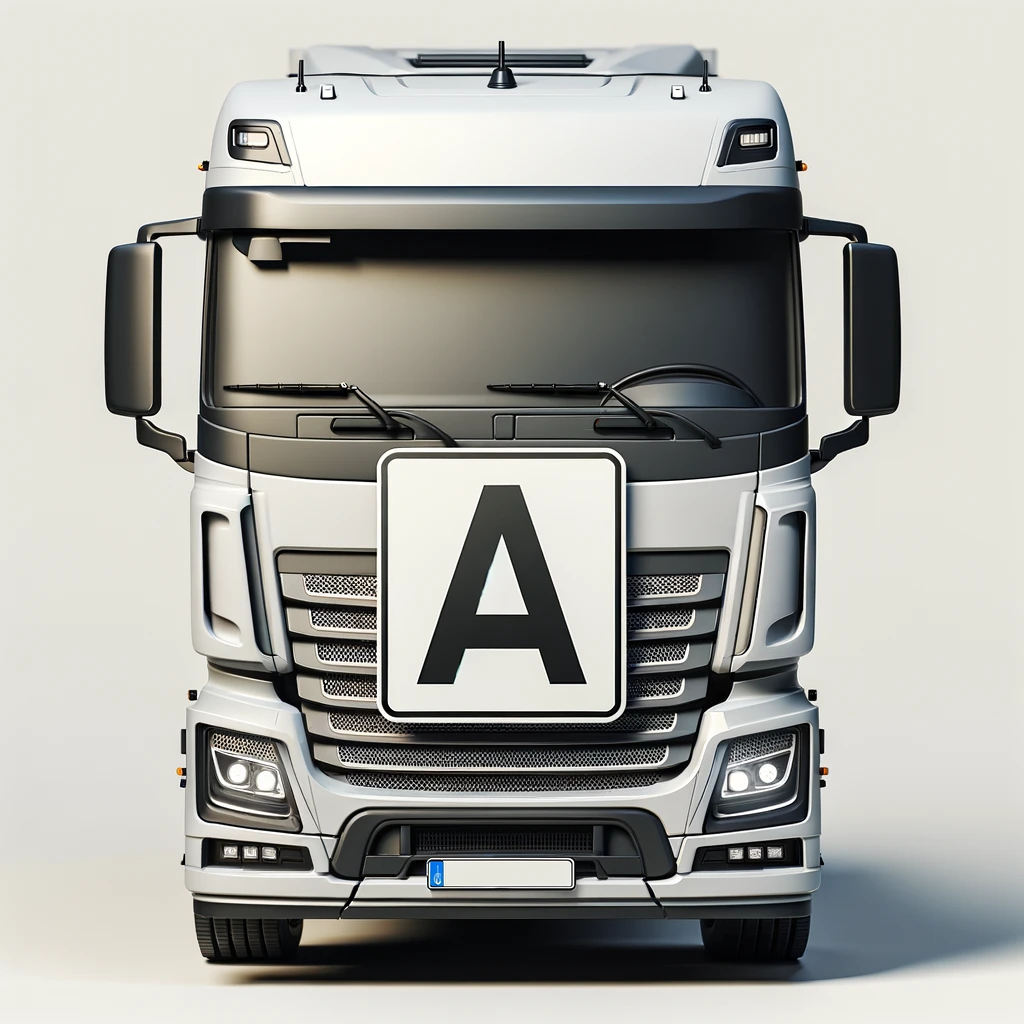
A-schild - you can't go without it
What every haulier should know
To say that the KrWG Act is the most relevant in Germany when it comes to waste transport is like saying nothing at all. It is a document that sets standards of conduct for waste transport. It indicates what you can do, what you must do and what you must not do if you want to transport waste safely and without problems. Remember that, as a haulier, you have to meet a number of requirements before you can even think about delivering waste to, say, Berlin:
- Training - If you want to make sure that the transport goes smoothly and that the driver does a good job, you need to ensure that he is properly trained. He must know how to handle the waste, how to secure it so that it does not "ride" on the trailer during transport and so that it does not get out of the load compartment. This will help you avoid fines and penalties.
- Documentation - The "no paper, no case" principle unfortunately does not apply. The transport of waste in Germany must be described in detail. In turn, this means that the driver must guard the documentation like a treasure during transport. This is no joke. If a document gets destroyed or lost, no amount of explaining will help. And forget about neutralising documents. It may sound tempting, but you won't laugh when you get a summons to give an explanation in court. Neutralisation of documents in waste transport is illegal.
- Vehicle designation - are you familiar with the "WASTE" board when transporting waste in Poland? In Germany it is similar, but the "WASTE" sign is replaced by a sign with a capital "A" (from the German "Abfall", meaning waste). If you are travelling to Germany with a load of residues, you must equip your car with such a board both in front on the bonnet and at the back on the trailer. It must be in a prominent position. You may come across its special term "a-schild" on the Internet.
A-schild alone is not enough
You may come across the term 'a-schild permit' or 'a-schild to Germany' on the web, but don't let that fool you. An "A" plate alone does not entitle you to transport waste to Germany. First of all, you need a waste transport permit. If no one in your company speaks German, you may have trouble obtaining one, as it will be impossible to find an authority you can communicate with.
Waste transport permit and a-schild - how to get started?
For haulage companies planning to start a waste business in Germany, understanding and complying with complex regulations can seem challenging. In such a case, working with experienced advisors, such as our team at Ecologistics24, can prove invaluable. With our support, the process of obtaining necessary authorisation will run smoothly and with minimal effort on your part. Don't waste your time - contact us and let us help you.

